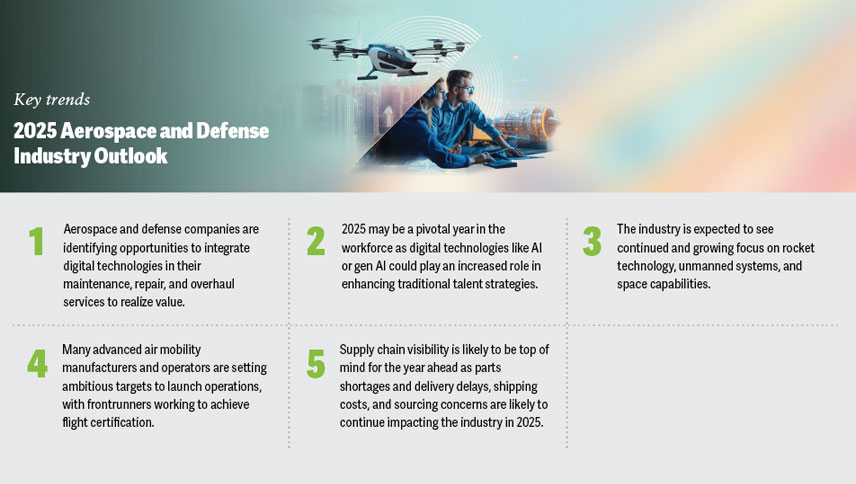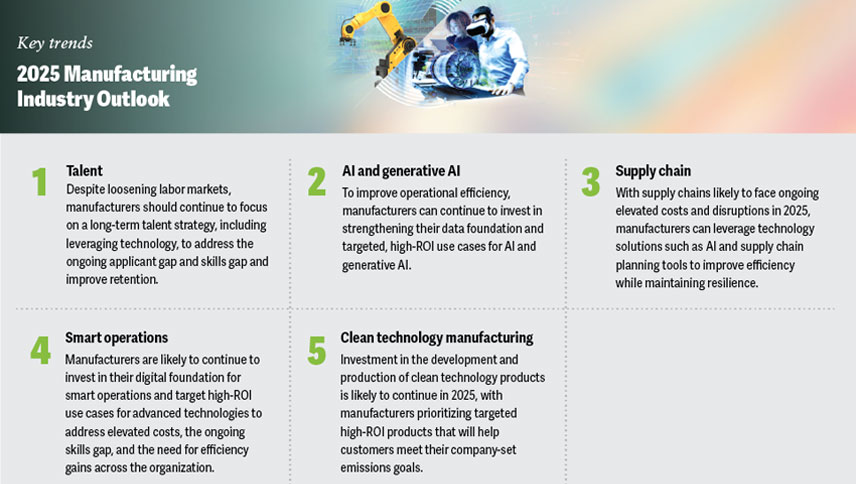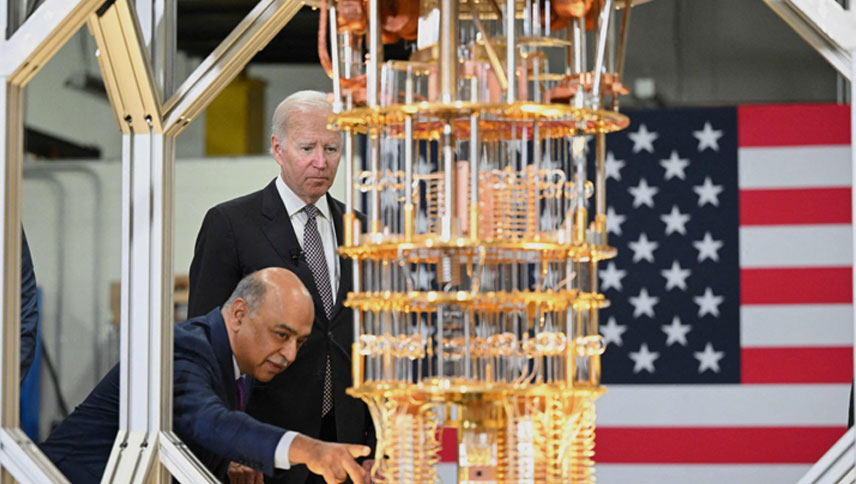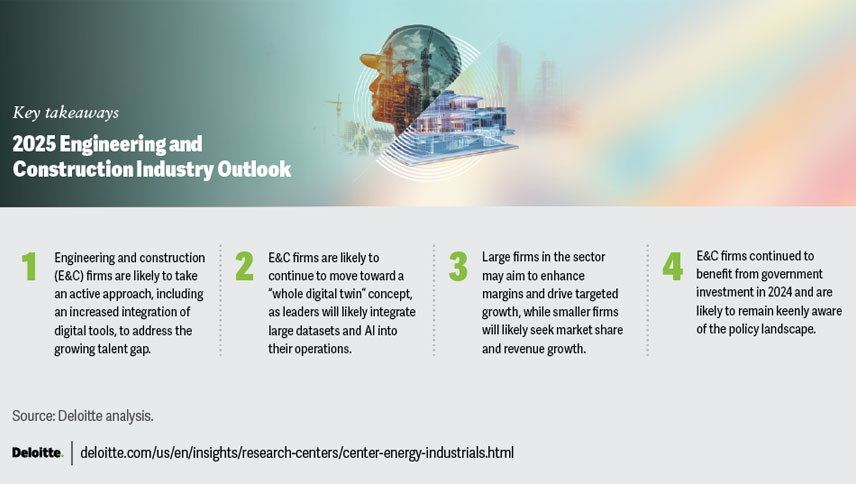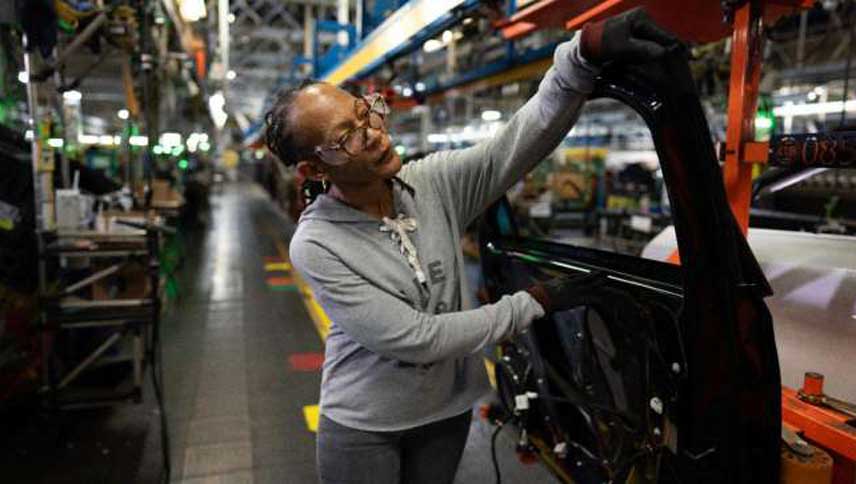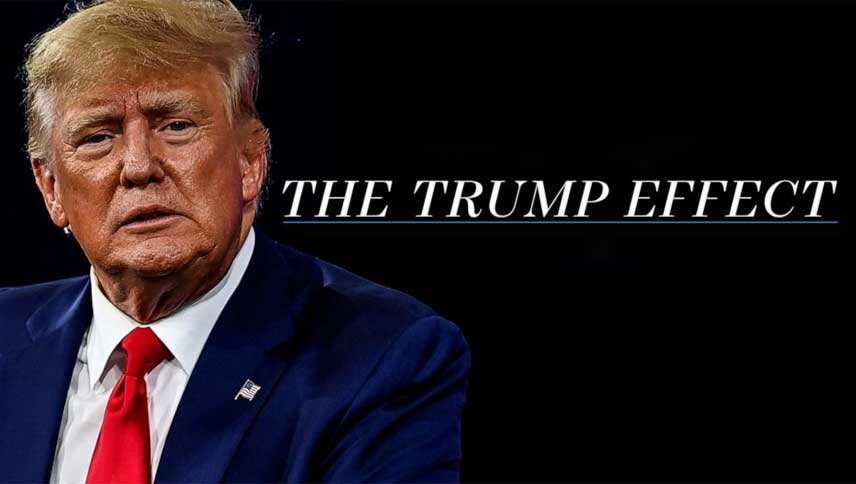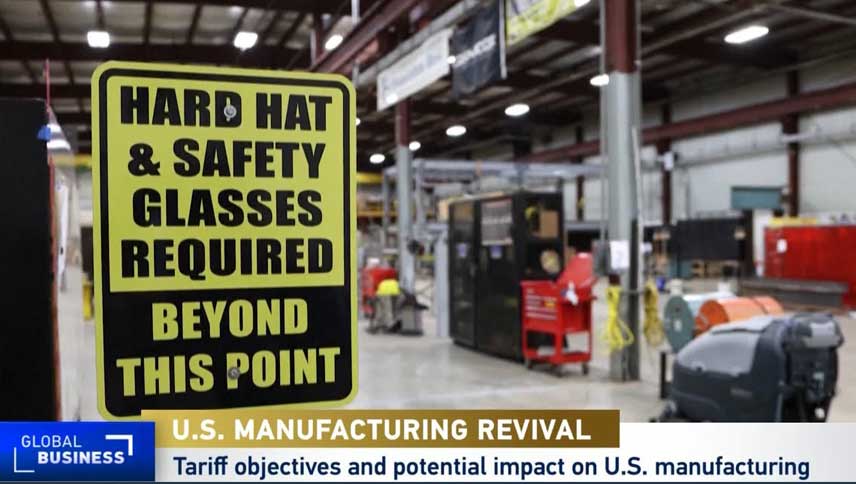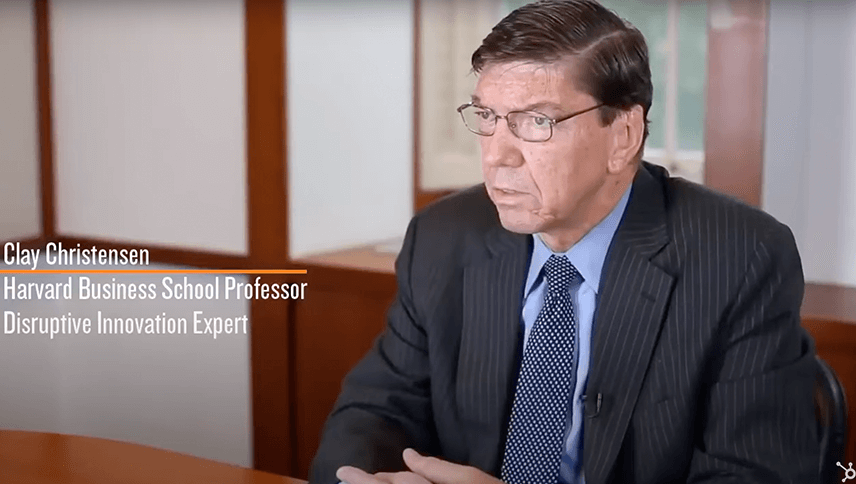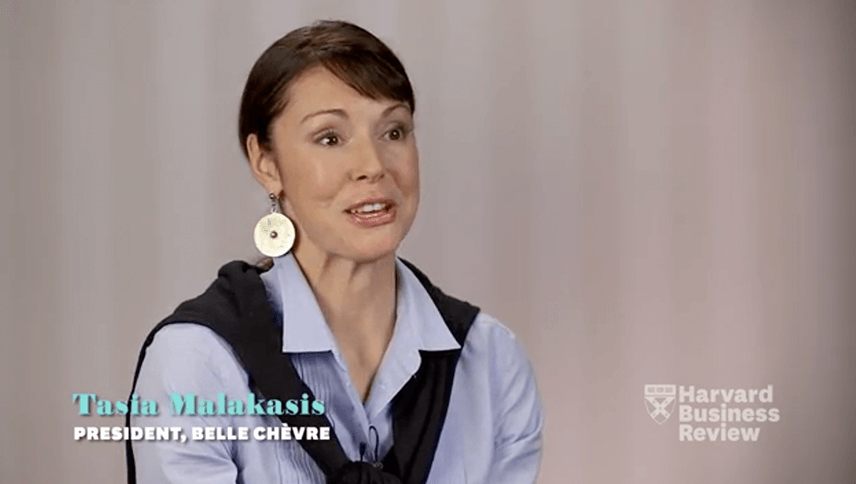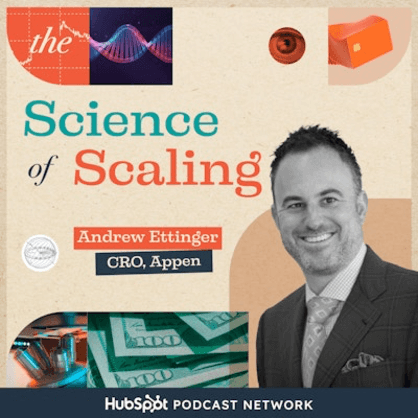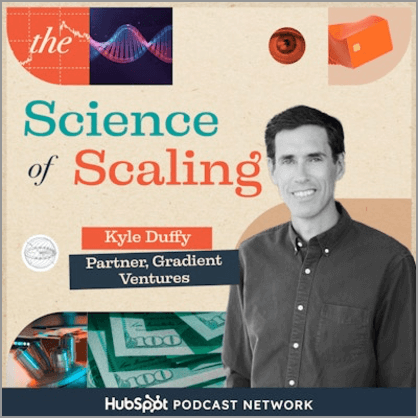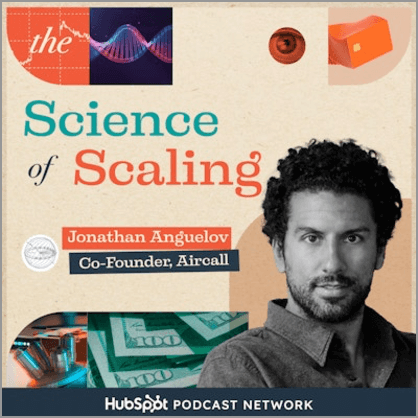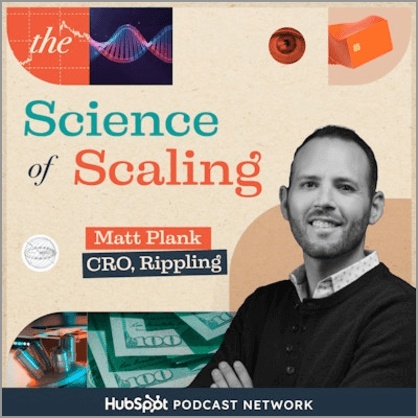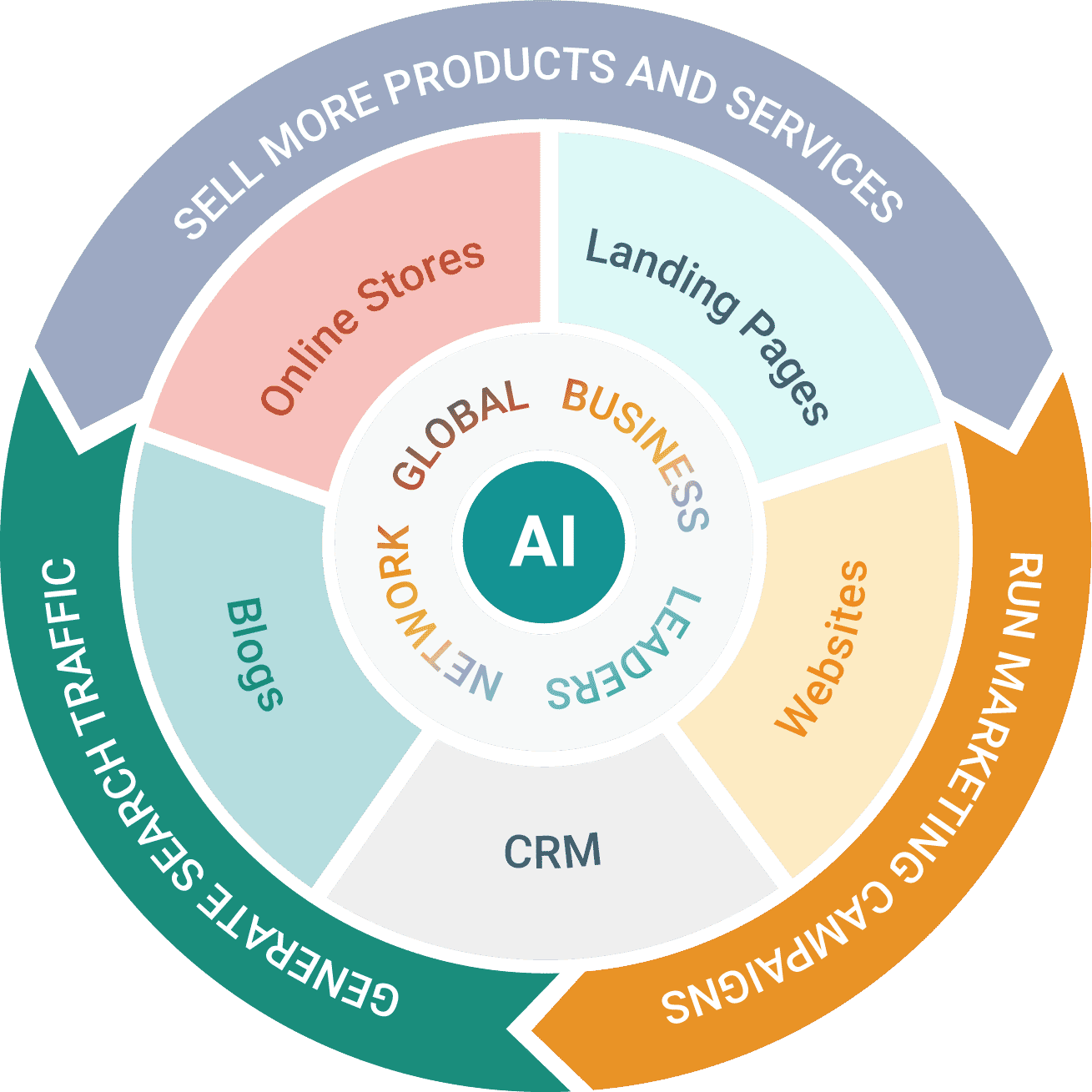A Lot of Americans Are Wrong About US Manufacturing: Jay Timmons
Bloomberg Podcasts
By Jay Timmon
Apr 17, 2025
Tom Keene: Jay Timmons is the CEO of the group for manufacturers, a national association for manufacturers. As we mentioned, he’s out of the Ohio State. Done a lot of work for various political types of North Carolinas driving the voice of manufacturers. What’s the number one thing, Jay, the president, gets wrong about manufacturing in America?
All the stereotypes that are out there. What’s President Trump most get wrong?
Jay Timmons: You know, I think that, uh. What a lot of Americans get wrong is that manufacturing is a very modern technology driven, uh, operation. And it’s not, it is not the, uh, manufacturing that you might think about from your father or grandfather’s days.
Uh, this is something that has, uh, a, a, a different type of skillset that’s required. And so manufacturers right now are investing a lot in training that next generation of the manufacturing workforce. I
Tom Keene: saw a chart yesterday. That showed the complete lock in his philosophy, folks of individualistic America, the complete failure of America to retrain the workforce after the last 40 years.
Lighthizer, among others has been great on this. How in God’s name do we start acting like Europe and actually retrain manufacturing types put outta work?
Jay Timmons: So, uh. Let’s not act like Europe completely when it comes to manufacturing, but I agree with you that they have some really good, uh, apprenticeship programs and we were, we’re pretty proud of our apprenticeship work that we do at the National Association of Manufacturers through the formerly known as the Toyota Fame Program.
So we were spreading that across the country. I think what we really need to focus on though, if we, if we truly wanna grow manufacturing investment here in the United States. We’ve gotta make things less expensive here in this country. So by that I mean, uh, our tax policy 2017, those tax reforms, they were, as President Trump said, rocket fuel for manufacturing, investment, hiring, wage growth in our industry.
Those things are expiring. I. And we need to get those, we need to get those renewed. And so we’re waiting for Congress to do that. The regulatory burden is another big cost driver, about $50,000 per employee per year in compliance costs, right? For manufacturing. Should we need to do
Tom Keene: credits like LBJA million years ago?
Just do direct credits to manufacturing?
Jay Timmons: I think, uh, well, I think tax policy is actually, that would help drive that investment, right? So if you have lower tax rates and you’re able to compete against the rest of the world. That’s, that’s really where I think we want to, we want to settle. Jay,
Paul Sweeney: what type of, what types of manufacturing jobs do we really wanna bring back to the us?
Do we wanna bring textile mills back to the us?
Jay Timmons: What do we wanna bring back? So I, I do think that the narrative that manufacturing, uh, the manufacturing workforce is a, is in decline, is actually a false narrative. We’ve had, we’re right now at about 13, uh, approaching 14 million manufacturing. Uh, employees that’s been pretty stable for the last decade.
It’s
Tom Keene: stable in the last 6, 7, 8 years. Yeah. Right. Give you that.
Jay Timmons: Yeah. Uh, but we wanna grow it, right? We wanna grow that here. And so those jobs, and I, and I appreciate the question, those jobs are really, very, um, very different than in the past. Mm-hmm. So highly, um, high, highly technical job. So we want people to be trained with a very different set of skills than perhaps.
Even five, 10 years ago. Right? Right. Um, and so to your very first question that falls on manufacturers to invest in training their workforce. And I, and I’m pretty proud of what we are doing in the sector right now to accomplish exactly that. But we need the, but we need those economic policies that help facilitate that.
Paul Sweeney: So it seems like, you know, a lot of folks are now questioning the value of a college education, and a lot of folks are saying, boy. Trade schools, Columbus, are, are really what unique. Talk to us about trade schools and how they, you’re
Jay Timmons: just so lucky to have an Ohio State person here. Come on. Talk to us about the trade schools are, are, they’re becoming extraordinarily important in the manufacturing sector, but I, I, I also wanna say that we have something for everyone in manufacturing, right?
You know, probably about 45% of the jobs in manufacturing require nothing more than a col, pardon me, a high school degree. Uh, but there are positions that are, uh, that require a four year degree or technical training, even advanced degrees
Tom Keene: all across the world. I wanna go to the a Pasal motion, and I’m gonna double barrel here.
The Financial Times, I’m sorry I can’t cite the author. It was one of their great newsletters. I. Had that wonderful survey three, four days ago. Everybody wants to bring J Timmons World back to America, more manufacturing jobs, but a huge body of Americans don’t want to work in manufacturing. There’s a poll, spoke volumes, but the videos that have gone viral, which is fat people like me sitting in a machine doing mundane factory work, that’s the stereotype Paul was just talking about.
I mean. The fear is you got some 400, 600, 800 people outside Hong Kong doing make work. Yeah. Do we wanna bring those jobs back here?
Jay Timmons: So I, I, I wanna grow the types of jobs we have here in this country and, um, I, I know it sounds kind of tried to say, but I love opening up the doors to manufacturing facilities for young people.
My daughter, Ellie, is traveling with me this week. It’s her spring break. And, uh, we’ve, we’ve been able to go into a couple of, uh, plant floors and I think her eyes were opened about the possibilities in manufacturing. Those jobs are pretty exciting. They change constantly. And they provide really a lifelong, and, and frankly, did
Tom Keene: President Biden advance that with all his legislation?
Jay Timmons: I think that the Chips and Science Act was very important for this country. I think that the investments that we made in infrastructure were very important for this country. And in the IRA bill that was passed, right? There were some policy provisions that we thought were very important as well. So look, I mean, manufacturing changes and I’m not gonna sit here and say that.
You know, it’s manufacturing is a Republican industry or a democratic industry. It’s an American industry. And when
Tom Keene: manufacturing succeed, do they come, succeed? Do, come on, you’ve been in the trenches of the capitol. I mean, do what you just said. Is that app that Republics and Democrats are on the same page?
I’m, I think every single person
Jay Timmons: I talk to, I don’t care if they’re Republican or Democrat, they wanna see manufacturing succeed. Now, having said that, even people
Tom Keene: that went to the University of Michigan,
Jay Timmons: that’s, that’s still out for debate. But listen, I. I understand that there are different philosophies on how to accomplish that, but I can tell you from what I, when I talk to manufacturing, uh, leaders, what they say is, reduce the cost of doing business here in the United States and we will flourish.
And when either side or both sides focus on that, that is exactly what we’ll see in this country.
Paul Sweeney: The cost of production, the cost of manufacturing in the
Jay Timmons: us.
Paul Sweeney: My understanding from 60 years on this planet in business education is that it’s higher here, materially higher here than the rest of the world.
That’s why the jobs went to other places around the world. Can the US compete on a cost basis? Yes. Manufacturing wise, do you think? Yes, they can. And how do we do that?
Jay Timmons: And listen. Uh, some people will say, oh, well the cost of labor, you know what? Don’t gimme that. I wanna pay our people more. I want our people in this country to be paid more.
If we’re gonna do that, that means that we’ve got a lower cost that we actually have control over. And I sound like a broken record, but I’m gonna go back to tax reform 2017, those reforms were rocket fuel. And now we have members of Congress saying, well, maybe we don’t have to do quite as much as we did before.
Maybe we can raise taxes on small businesses. No, that’s not gonna work. That’s just not gonna work.
Paul Sweeney: What type of jobs, what types of manufacturing would you like to see? In the US that maybe we’re not doing right now.
Jay Timmons: Uh, actually we’re doing almost everything. I just wanna do more, more of like, can we make an
Paul Sweeney: iPhone here?
Jay Timmons: Well, versus, uh, we haven’t foxcon in China, so I believe that those are the types of jobs that you’ll see Right. Coming here with the right policies. Yeah.
Tom Keene: How do you respond? Technology
Jay Timmons: production. Yep. Yep.
Tom Keene: In the last couple days, they, they’ve reduct the Trump are no visit to Texas to try to make. Uh, handbags for Louis Vuitton, whatever leather projects as well.
How do you respond to the stereotype? Americans can’t do the fine work that we get out of Asian manufacturing employment. I’ll give you one example. Grech now owned by Fender makes white Falcon guitars in Japan. They’re exquisite. Nothing was ever made like that outta Michigan years ago. How do you respond to the fact Americans can’t do.
The fine manufacturing work of Asia.
Jay Timmons: Well, maybe we should do that in Ohio,
Tom Keene: but it’s a big part of Ohio, right?
Jay Timmons: No, I’m just, uh, listen, I think Americans can rise to the challenge of, of, of literally anything, uh, in the terms of manufacturing. But I do have to say this, we can’t do everything here in the United States much as we would like to, but we can do a whole lot more.
Right now we have 500,000 open jobs in manufacturing. Right, and to your point. Are people really inspired to go into manufacturing? That is the job of our manufacturing institute to make sure young people see
Tom Keene: well come pay is the solution there. Right.
Jay Timmons: Well, pay is the highest in any sector of the economy.
Okay. Right. The average pay.
Tom Keene: I, I must ask, how do you respond to job loss in Windsor, Ontario, in job loss, in Michigan, in manufacturing, auto, I mean, this is nuts what we’re going through right now. Some of that,
Jay Timmons: some of that is going south. Right where there are lower costs of doing business. Um, and some of that is demand and some of that is additional, uh, potential costs like tariff policy, uh, that could have a negative impact on our ability to be productive here in this country to lower the cost of production.
Paul Sweeney: We’re hearing, you know, the whole discussion of tariffs are creating a lot of uncertainty in, in the marketplace. Are you hearing that from the manufacturers you talk to
Jay Timmons: every single day?
Paul Sweeney: Yep.
Jay Timmons: Uh, look, I, I, so are they just,
Paul Sweeney: are they pulling back on capital investments or are they, I think that
Jay Timmons: there are very.
To, to be, to be very blunt about it, I think manufacturers are very concerned. They wanna see progress. The president has given himself 90 days. I don’t know what that’s down to now, about 80, probably left to negotiate deals from around the world. And we, we, we are very hopeful that we’re going to see some policies that are zero for zero tariffs.
I understand the Italian Prime Minister is proposing exactly that right now for the au. Uh, but we also have a couple other issues. We’ve got critical minerals, critical inputs. Yep. Like critical minerals or, uh, machines for machinery, for shop floors, um, chemicals that we can’t do here right now. We’ve gotta figure out a way to bring those into these discussions as well.
Is there, and then incentives, by the way, partisan, but
Tom Keene: is there bipartisan support to fix, say pharmaceuticals are made in China or Europe? Or rare minerals have been co-opted by China. I don’t see the bipartisan support.
Jay Timmons: I, I, well, what I hear is we wanna make sure that our supply chain is strong and is, uh, kind of unbreakable.
If you think back to COVID, our, our supply chain was broken. And so we weren’t able to, to access things like PPE, we were, as an organization, we were calling the entire world to get PE here to New York. Actually, Lisa,
Tom Keene: put up your back. I want, we gotta go, but Jay Timmons. This is a manufacturing at your best.
This is a Anthony Volpe, American made torpedo bat. I’m gonna ask you of New York Yankee. Yeah. That is a fine American manufacturing there. Yeah,
Paul Sweeney: exactly right. Let’s. For the Great American game. Baseball. There you go. Yeah, let’s hit it outta the park. Yeah, we’re gonna hit
Tom Keene: it outta the park. And as the Yankees did last night, uh, Jake Timmons.
Thank you so much. Chair. Uh, chief, CEO and President National Association of Manufacturers. Can’t say enough about that conversation. Look for that out on digital here in a bit.
Source: https://youtu.be/GQBOfL1UGMo

